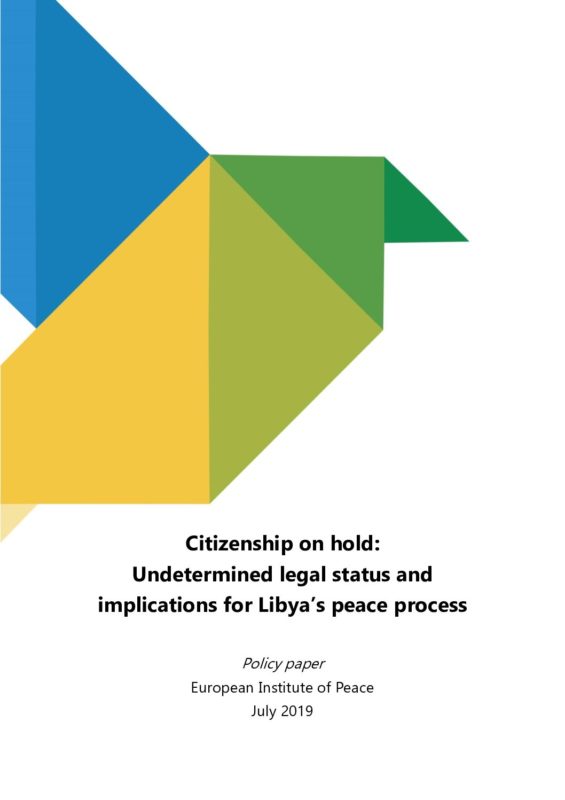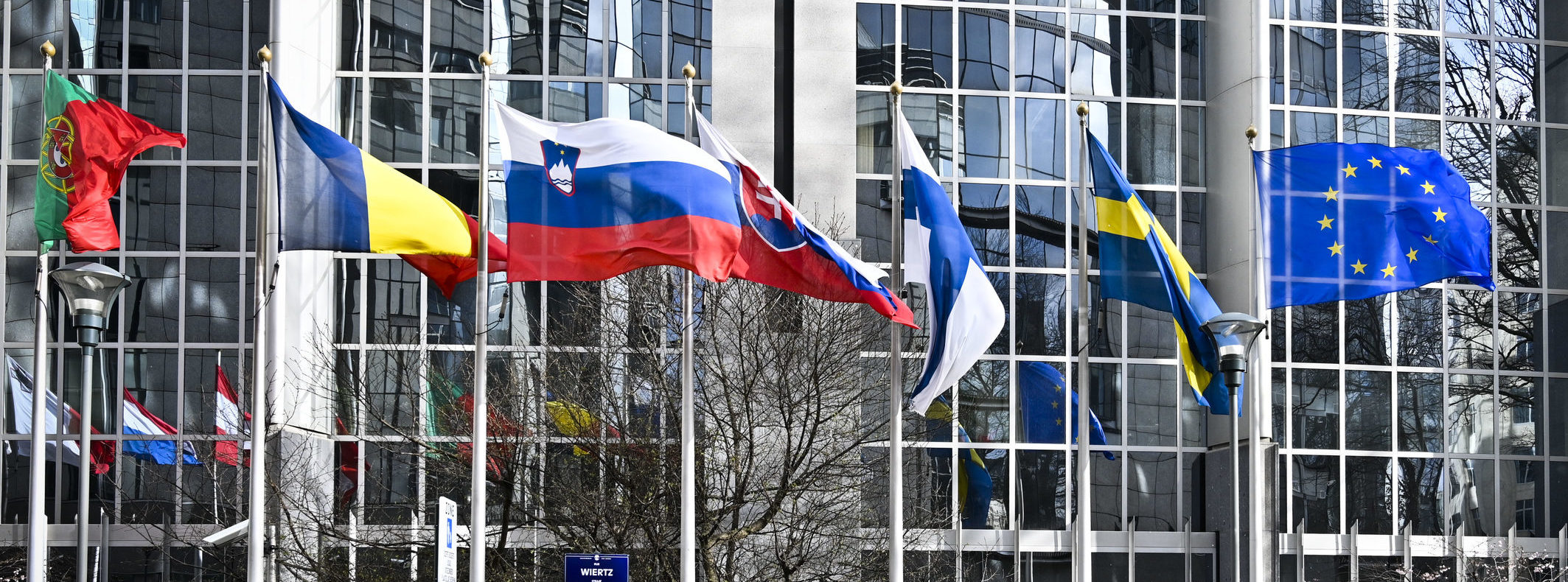Citizenship on hold in Libya: an EIP policy paper

Amid Libya’s ongoing crisis, unresolved disputes over citizenship haunt society and the fragile state. A significant number of people in Libya – presumably several hundred thousand – are not formally recognized as citizens, despite considering themselves as such. Commonly referred to as “persons of undetermined legal status”, the majority are first- or second-generation immigrants whose naturalisation process is on hold. A smaller amount consists of native inhabitants who have not been recognised by the state, as well as a group of people whose citizenship was revoked. Although they are registered with the authorities, their status does not guarantee them civil rights, thus curtailing their access to essential paperwork, public services and employment.
The issue is of national concern and there are people affected by it across the country; however, it is of particular magnitude in the South of Libya, where it feeds instability. After being on hold for decades, the citizenship file has recently been reopened through the draft constitution, and administrative authorities have taken a renewed interest. This provides a window of opportunity to revisit the causes of disputed citizenship and promote a problem-solving approach based on consultations and social dialogue, to mitigate the risk of further destabilisation.
The European Institute of Peace partnered with researcher Valerie Stocker to produce a policy paper that provides an overview of citizenship-related grievances in Libya. The paper traces the history of undetermined legal status and how citizenship disputes relate to Libya’s troubled transition. The author also examines approaches to tackle undetermined legal status, including through the proposed constitution, and offers recommendations for the challenges that lie ahead.

